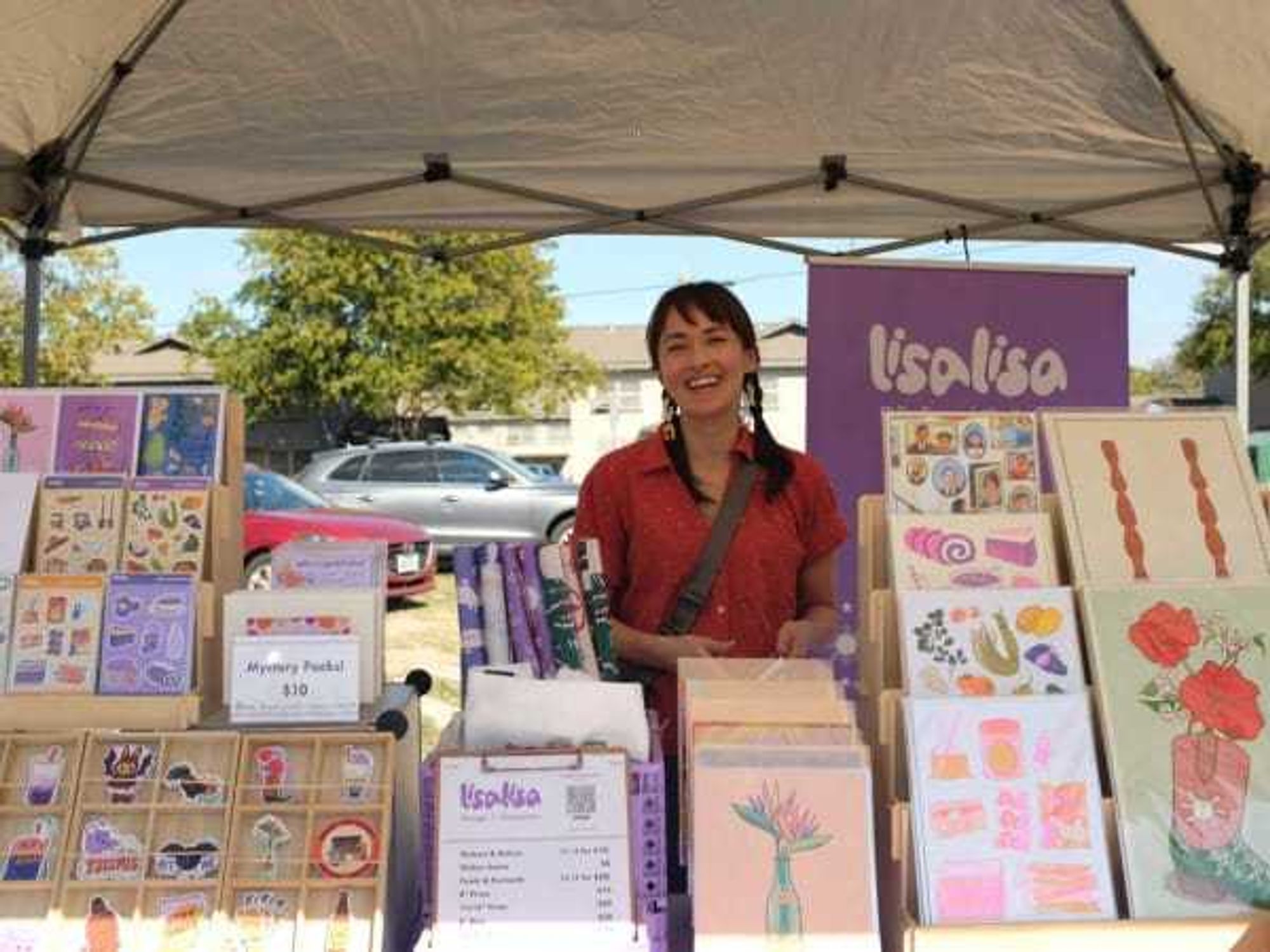just visiting
New Fiction Confab brings four amazing authors to Austin
 Heidi Julavits
Heidi Julavits Ben Marcus
Ben Marcus Walter Kirn
Walter Kirn Peter Orner
Peter Orner
When I met novelist Peter Orner, the first thing he asked me was where Austin was, exactly, in Texas. (“Central,” I said. “If you want to be fancy you can say ‘the hill country.’”)
Having been in town only a few hours, he had already taken a walk along Ladybird Lake and noted the “Si Se Puede” murals on Cesar Chavez. “Place. I need to know where I am,” he said.
Orner, along with authors Heidi Julavits, Ben Marcus and Walter Kirn, was in Austin for the New Fiction Confab, a program organized by the Austin Public Library Friends Foundation to bring some of the most important contemporary fiction writers here for a weekend of free, public events. Saturday afternoon, the authors gave readings at the downtown public library and participated in a panel discussion about contemporary fiction. In the morning they led workshops at branch libraries for children, teens and seniors, organized by the educational writing nonprofit Austin Bat Cave.
Tim Staley, Executive Director of the APLFF, said, “This is an opportunity for people to come to the library and, in one afternoon, discover here, where we are right now, this moment, in American literary fiction.”
“When you have a good story to tell you shouldn’t have to fictionalize it. That’s what most novels are anyway, just thinly veiled facts with the details changed.” Walter Kirn
Indeed, “where we are” turned out to be a central preoccupation of many of the authors.
I got a chance to speak with all four authors at the CTC Gardens, a lovely East Side venue with lots of exposed metal, weathered wood and smooth rocks for your high heels to sink into — as good a place as any to introduce authors from two coasts to Austin, and vice versa.
For Orner, place is the first element that comes to him when writing a new piece of fiction. Chicago was in some sense the main character in his latest novel, Love and Shame and Love; he spoke with shining eyes of the peculiar light of the neighborhood around the University of Chicago — “almost like sepia” — and the way the lake shore varies in different parts of the city. But places don’t have to be real to fascinate Orner. In his Saturday morning workshop he introduced a group of teenagers to a book about imaginary places, Italo Calvino’s Invisible Cities.
Heidi Julavits, editor of The Believer and author most recently of The Vanishers, also used imaginary places in her workshop with 7-10 year olds at Howson Branch Library. In her own work, Julavits said, she prefers to write about places and topics she doesn’t know well. For example, her latest novel uses paranormal phenomena as a metaphor for complicated relationships between women; but after her initial research, Julavits did not want to immerse herself too much in actual accounts of supposed psychic phenomena.
“Then you become too beholden to ‘facts’ . . . That stymies my imagination, invades on my imaginative space, trying to recapture a reality that’s already out there.”
Walter Kirn, a contributing editor of Time Magazine and prolific author of novels, essays, and criticism, appears to agree. An easygoing but intense conversationalist, Kirn spoke of his irritation with the “tyranny of facts” in writing his current project, a memoir about his ten-year friendship with a now-infamous conman and alleged murderer who passed himself off as a Rockefeller.
“The thing about memoir — It’s based on memory, and memory is, of its nature, a construction.” Kirn claims the memoir is just as legitimate and literary as the novel: “When you have a good story to tell you shouldn’t have to fictionalize it. That’s what most novels are anyway, just thinly veiled facts with the details changed.” (Orner illustrated this point earlier in the evening, stating succinctly, “My whole life is in this fucking book.”)
Facts do not seem terribly important to Ben Marcus, a writer of experimental fiction who is also Heidi Julavits’s husband. Marcus’s The Flame Alphabet depicts a world in which the speech of children suddenly and inexplicably becomes toxic for adults. Still, Marcus’s book is filled with detailed descriptions that make his apocalyptic premise seem concrete — including visceral descriptions of sickness that should, he joked, qualify him for “a job in hospice care.”
This is fitting for a book whose whole premise, Marcus says, is to “make language more powerful than it really is.”
Marcus grew up in Austin, but it was his wife who gave me the best sense of Austin as a place. Julavits described a single summer she lived here with a long-ago ex-boyfriend, spinning a story for me on the spot of their moneyless existence in the unbearable heat: “We would go to that Fiesta” (she gestured over my shoulder) “and we would buy flour tortillas, and we would put them straight on the electric burner to get them all crispy, and then we would put honey and butter on them. That’s practically all we ate.”
Her Austin was mythical and nostalgic, the Austin of a single moment in her life.
I’m already wondering which authors the next APLFF New Fiction Confab will bring to Austin, which bits of coastal cities, imaginary towns, and even our own small piece of the hill country will visit us next year.

 Asian vendors gathered for Tayo Na launch part, which celebrated the area's
Asian vendors gathered for Tayo Na launch part, which celebrated the area's  Asian Season ATX celebrates Asian Heritage Month at Austin Beerworks.Photo by Joi Conti Photography
Asian Season ATX celebrates Asian Heritage Month at Austin Beerworks.Photo by Joi Conti Photography